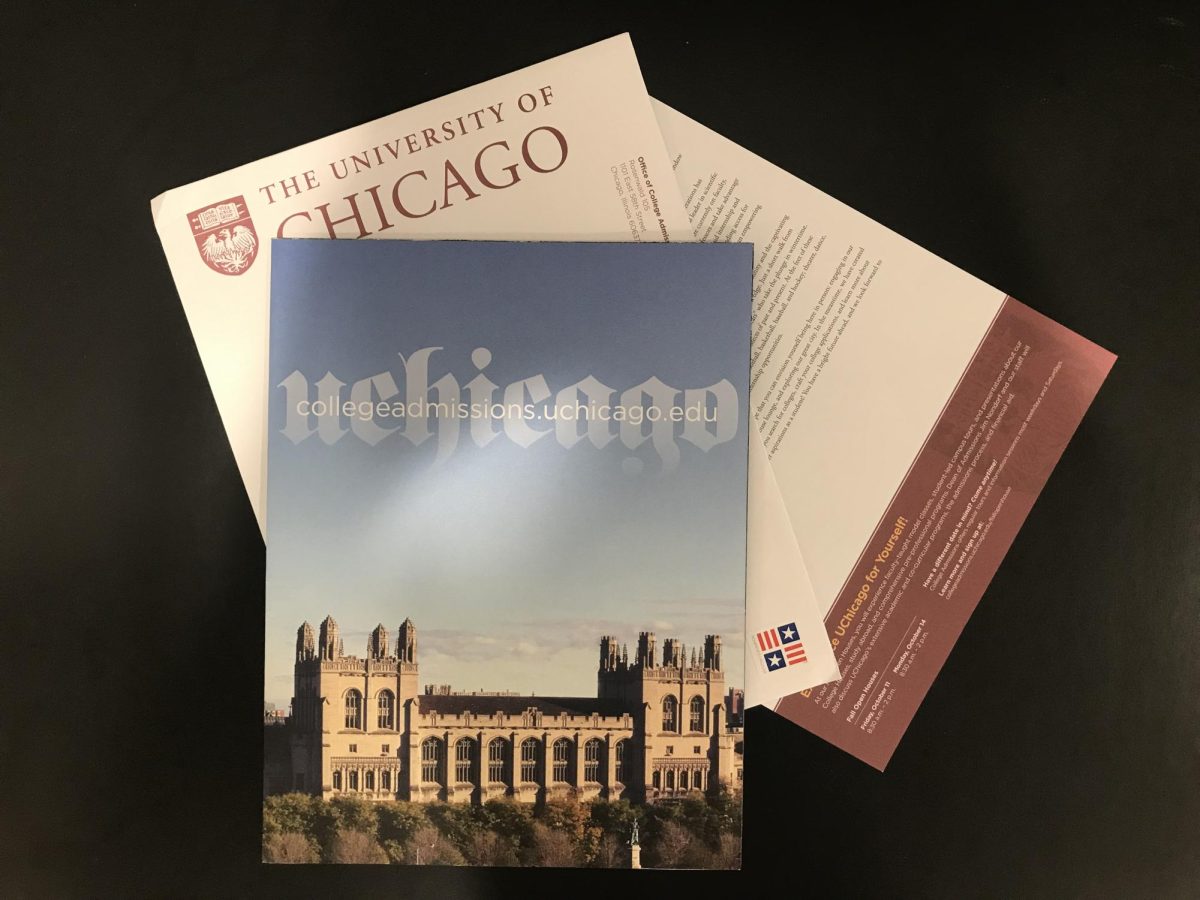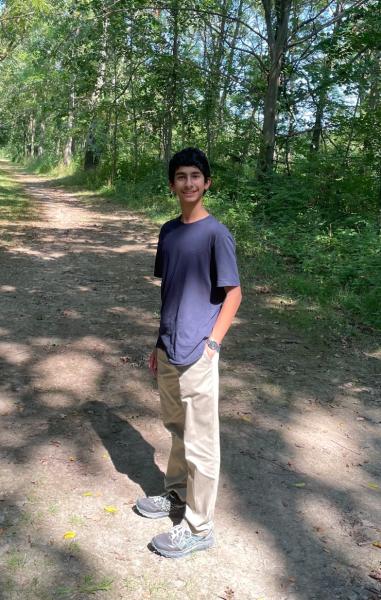In recent years, students have shifted how they approach their summer breaks. These months, once used for enjoyment or working part-time jobs, have become a season for interning at companies nationwide.
This trend begs the question: why is there a growing emphasis on early career development? Admission rates for high-ranked universities like Harvard and Stanford have steadily dropped in the last few years. Competition among students has risen to unprecedented levels, pushing them to go beyond just academic excellence.
Traditional methods like grade point averages and standardized test scores have started to lose their dominance. With an increasing number of students applying to universities with exceptional standardized test scores, these metrics have become less effective at differentiating applicants. Consequently, universities now seek qualities that exhibit unique skill and passion.
High school internships at companies like Arconic and Fermilab have emerged as the go-to summer activity to enhance resumes. Students develop key soft skills like communication, problem-solving and teamwork. Armed with these skills, they created a professional network by connecting with fellow interns and mentors.
Senior Arush Kachru interned at Ibra, an energy firm, this summer. “Learning the art of communication was the highlight of my internship,” he said. “My internship involved teaming up with other interns and updating my mentors to create an LED lightbulb that is both sustainable and effective.”
Interning over the summer helped students like him connect and work with people with similar aspirations. It also brought new ideas to life by integrating diverse backgrounds and bringing out the best in people and the company.
However, pursuing student internships did not exempt students from academic commitments. Summer reading was still mandatory for the majority of English classes from English 9 to AP Language and Composition. In the latter, students were required to read at least three books and analyze key quotes and rhetorical strategies.
Because of limited time, students tended to prioritize internship commitments over summer reading to raise the bar for universities. Rising seniors, especially those applying to prestigious universities, tackled this summer like the final stretch, taking every chance to show their capabilities.
Senior Nikhil Namshamgari explained his needs this summer. “It goes without saying that my life is more than a couple of assignments. It’s about pushing myself more than ever to give my chances at university a boost,” he added.
Not only did internships distract away from summer deadlines of schoolwork, but they also disrupted student life. Students working long hours under stress struggled to gain adequate sleep. “It was no easy task. I needed to build my brand as I continued my professional journey,” Kachru described.
As seniors approach their final year, they face a dilemma of whether to savor their last moments of childhood or to begin their careers early. Both students and adults feel that summer should be a break and that the nature of college apps is over competitive. But with rising competition, this trend is expected to continue.









